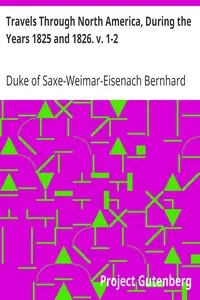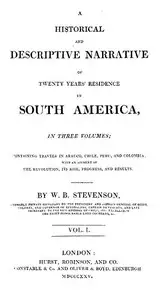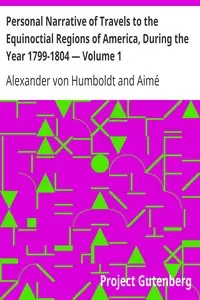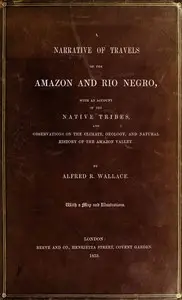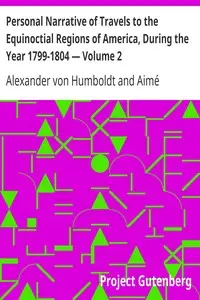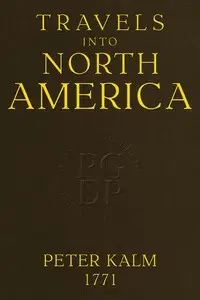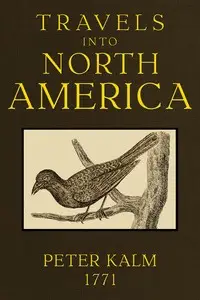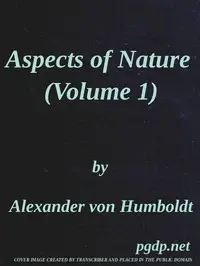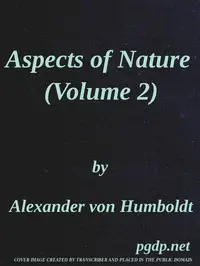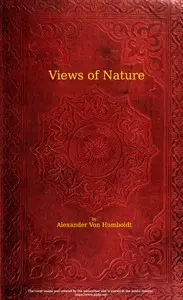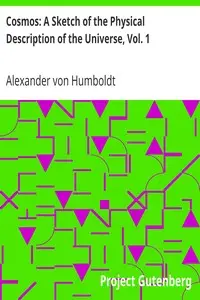"Personal Narrative of Travels to the Equinoctial Regions of America" by Alexander von Humboldt is a record of an early 1800s journey through the tropics of the Americas, blending scientific study with personal experiences. Over several years, the author carefully looks at the land, plants, animals, and the ways of life of the native people. He captures the spirit of both the natural world and the political atmosphere of the time. Early in the volume, the story dives into Spanish Guiana, especially the goings on in Angostura, including looks at the town's past, the weather, and its place in the world. Every detail is meticulously covered, from its location and building styles to the troubles its people face with wildlife and the environment. The story combines personal stories with solid information about native populations, setting the scene for a wider examination of the natural and social forces that shape these equatorial lands.
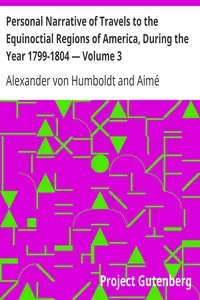
Personal Narrative of Travels to the Equinoctial Regions of America, During the Year 1799-1804 — Volume 3
By Alexander von Humboldt
Embark on a journey to the heart of the Americas, where natural beauty clashes with the untold stories of its people, all seen through the eyes of a traveling scientist.
Summary
About the AuthorFriedrich Wilhelm Heinrich Alexander von Humboldt was a German polymath, geographer, naturalist, explorer, and proponent of Romantic philosophy and science. He was the younger brother of the Prussian minister, philosopher, and linguist Wilhelm von Humboldt (1767–1835). Humboldt's quantitative work on botanical geography laid the foundation for the field of biogeography, while his advocacy of long-term systematic geophysical measurement pioneered modern geomagnetic and meteorological monitoring. Humboldt and Carl Ritter are both regarded as the founders of modern geography as they established it as an independent scientific discipline.
Friedrich Wilhelm Heinrich Alexander von Humboldt was a German polymath, geographer, naturalist, explorer, and proponent of Romantic philosophy and science. He was the younger brother of the Prussian minister, philosopher, and linguist Wilhelm von Humboldt (1767–1835). Humboldt's quantitative work on botanical geography laid the foundation for the field of biogeography, while his advocacy of long-term systematic geophysical measurement pioneered modern geomagnetic and meteorological monitoring. Humboldt and Carl Ritter are both regarded as the founders of modern geography as they established it as an independent scientific discipline.

